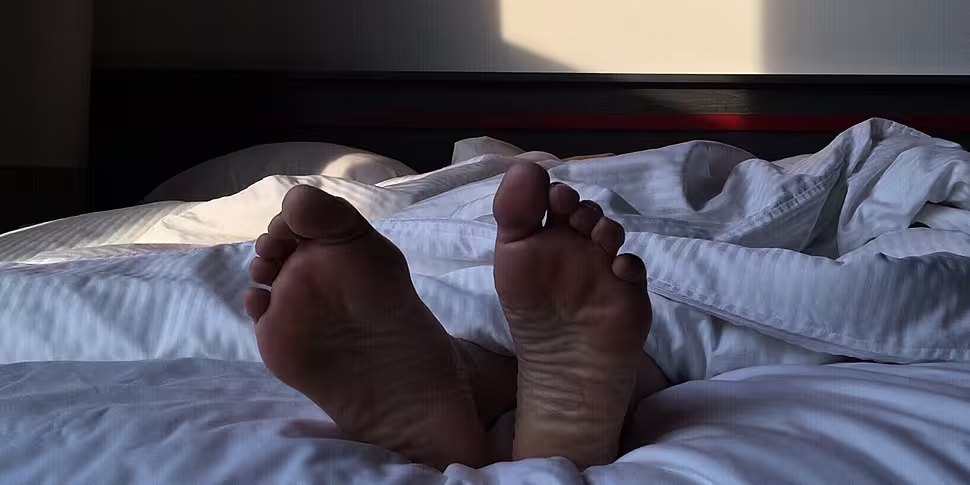With Christmas over and the third lockdown well into effect, many people are once again finding themselves experiencing a lack of sleep.
Working from home and school closures have disrupted many people's daily routines once again, while the winter weather and short days don't help.
Dr Annie Curtis - senior lecturer in Pharmacy and Biomolecular Sciences with the Royal College of Surgeons Ireland - told Newstalk Breakfast it's completely understandable that many are struggling to get a proper night's sleep.
She said: “We’re living in such anxious times - there are so many angles to this pandemic. It’s not just about the infections, but people have financial worries and are worried about their friends and families.
“Anxiety prevents us from getting sleep. Have you ever woken up and felt sleepy? One of the reasons for that is we’re waking up in the middle of the night.
“Then there’s a bit of a vicious cycle going on as well - sleep deprivation causes us to be more anxious, so we might even over-react to some of the troubles we’re having."
Dr Curtis said it's important people look at their whole 24-hour day if they're looking to improve their sleeping patterns, not just the hour or two before bed.
She observed: “Sleep is a holistic thing that the full 24 hours can impact on. The biggest thing you can do is keep a regular schedule. That’s one of the big problems we’re seeing in the pandemic: that all our schedules have gone to hell in a handbasket.
“That regularity of having to get up is no longer there… the kids aren’t going to school.
“Getting a bit of morning light is absolutely key - and we can do that, no matter what our circumstances are."
Dr Curtis encouraged people to get outside before they start work, whether it's through a walk around the block or simply stepping outside and taking a few big breaths of fresh air.
She said the human body is like a clock that needs 'regular cues' to work properly, and morning light is one of them.
It's not just daylight and fresh air, of course - it's important to stick to other parts of the daily routine as well.
Dr Curtis said: “Because we’re not going out to work, we’re not showering as much in the morning.
"We’re probably not even washing our face with the same regularity, or eating breakfast at the same time."
These are just some of the simple actions people can take to ensure their body isn't stuck in a 'trance', where there’s no big difference between day and night.









